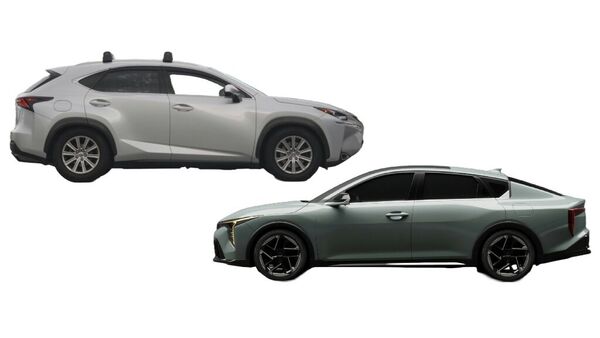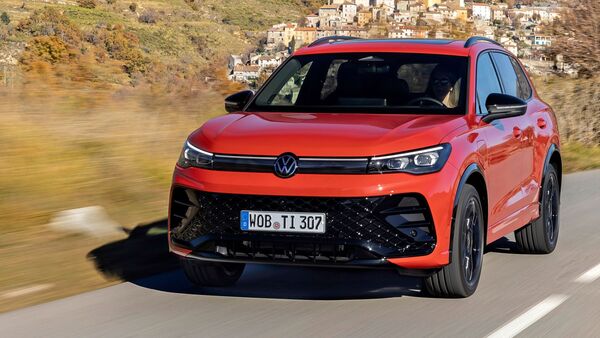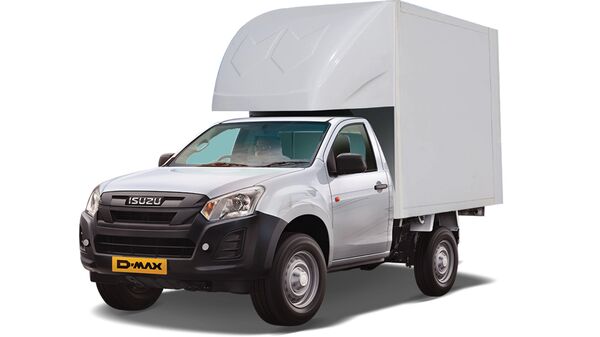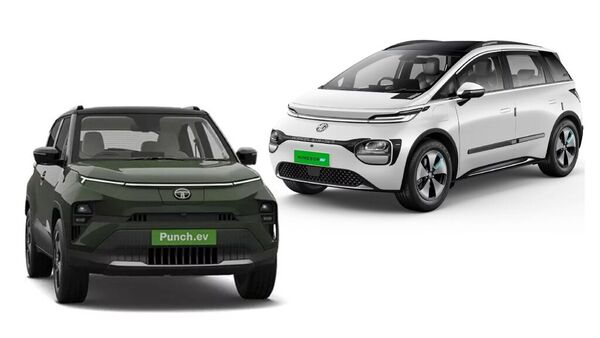
Confused between SUV and sedan? Which car body type suits your needs
2 months ago | 27 Views
If you are in the market for a new car but confused between the body styles SUV and sedan, then don't worry. It's a common dilemma for car buyers, especially people who seek to buy a car for the first time. SUVs and sedans are two completely different categories serving different types of customers. While SUVs are finding an increasing footprint in India alongside the rest of the world, sedans have witnessed their market share shrinking. However, that doesn't mean the sedans have lost their charm and dying completely.
Both the SUVs and sedans have their specific advantages and disadvantages. Choosing the right body style could be a tough task. Worry not, as we are here to help you to understand which vehicle best suits your needs.
SUV vs Sedan: A quick look
An SUV is a large vehicle that usually comes with a butch look, higher ground clearance and versatility. The SUVs usually offer higher seating positions giving a commanding view of the road ahead, and offer better space inside the cabin for occupants and luggage. The SUVs come in different sizes, which categorise them as compact SUVs, midsize SUVs and fully grown SUVs.
On the other hand, a sedan, which is also known as a saloon, is a car that typically comes with lower ground clearance and a sleek four-door design with a separate trunk offering storage for luggage. Sedans are known for their better aerodynamic efficiency, smooth handling and better fuel efficiency along with stylish looks. Like SUVs, sedans too come in various sizes, which range from compact to full size. Sedans are often the go-to choice for families when it comes to riding in comfort.
SUV vs Sedan: Price
SUVs are typically more expensive than sedans, especially if you are opting for a large or luxury model with advanced technology-aided features. Also, the SUVs command higher maintenance costs than their sedan counterparts. Besides that, the SUVs tend to consume more fuel than sedans, which results in higher operational costs driving up the overall cost of ownership for the consumers. However, maintenance costs of some compact SUVs are on par with sedans.
SUV vs Sedan: Dimension
SUVs come taller and wider, while they command more ground clearance, while sedans come shorter in height and have less ground clearance than their SUV counterparts. The SUVs come with a boxy design, while sedans come with a more suave and aerodynamic design.
Sedans usually offer a seating capacity of up to five passengers, while some luxury sedans come with more spacious cabins. On the other hand, the SUVs offer more space for occupants and luggage than their sedan counterparts. This makes the SUVs suitable for larger families, offering seating arrangements for up to seven or eight passengers.
While compact sedans offer better manoeuvrability and are easier to park, compact SUVs often become difficult to manoeuvre and park in tight spaces.
SUV vs Sedan: Comfort and convenience
Comfort and convenience should be considered a crucial factor when choosing between an SUV and a sedan. SUVs generally come with more advanced technology-aided features and amenities compared to sedans. From the driver's perspective, an SUV offers the driver a more commanding view of the road ahead thanks to the higher ride height. They offer better space for occupants and luggage compared to their sedan counterparts. Usually, SUVs offer better legroom and headroom to occupants.
The sedans usually offer a more comfortable ride than their SUV counterparts thanks to a more planted body stance owing to a lower centre of gravity. The sedans may offer a quieter ride experience to occupants due to better insulation and smaller size, while the SUVs may offer a louder ride due to the larger size and more rugged design.
SUV vs Sedan: Safety
Safety is another key parameter to be considered when buying any vehicle. While safety features onboard a car alongside its build quality are not what always define the overall safety quotient of the vehicle, they play a crucial role for sure.
SUVs generally have good safety ratings due to their size and safety features, which in turn offer more protection in the event of a collision due to their larger size and weight. Sedans too come with good safety ratings due to their design and safety features, but may not offer that much protection like an SUV in case of a mishap. However, the sedans offer a lower risk of rollover accidents due to the lower centre of gravity.
SUVs often have more blind spots due to their larger size and higher ride height, while sedans come with better visibility due to the lower profiles. If you drive mostly on highways and use the car for long-distance travelling, an SUV is a good choice for you. On the other hand, sedans are ideal for urban driving. However, sedans are suitable for highway cruising as well, where stability and agility are important factors. On the flipside, compact SUVs in the market are good for urban driving as well.
SUV vs Sedan: Performance
SUVs are generally focused more on utility and versatility, while sedans are often focused on sporty performance, depending on the engine capacity and size. The larger size and weight of the SUVs can affect their handling and manoeuvrability compared to sedans. The SUVs often come equipped with more rigid suspension compared to sedans offering smooth and comfortable rides, even with their larger size.
When it comes to tackling rough roads or no roads, SUVs are always the first vehicles in the line thanks to powerful engines, high riding stance, and better ground clearance.
SUVs generally offer lower fuel efficiency compared to sedans due to their larger size and heavier weight. The aerodynamic design and lighter weight help sedans achieve better fuel efficiency compared to SUVs. This means the sedans can drive longer range on a full tank of fuel compared to their SUV counterparts.
Read Also: mercedes-benz eqa drive review: baby electric suv with big boy dreams
#




















